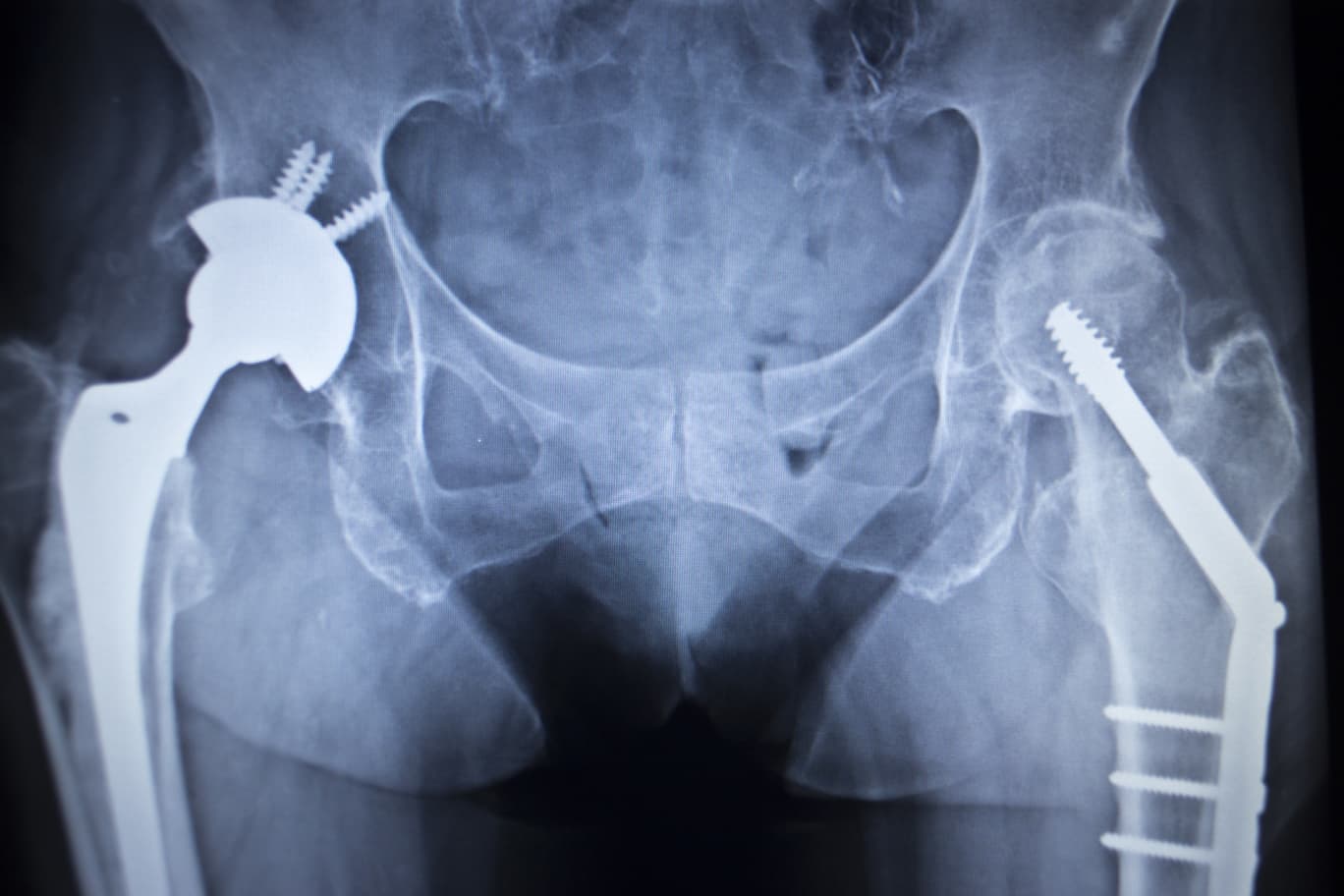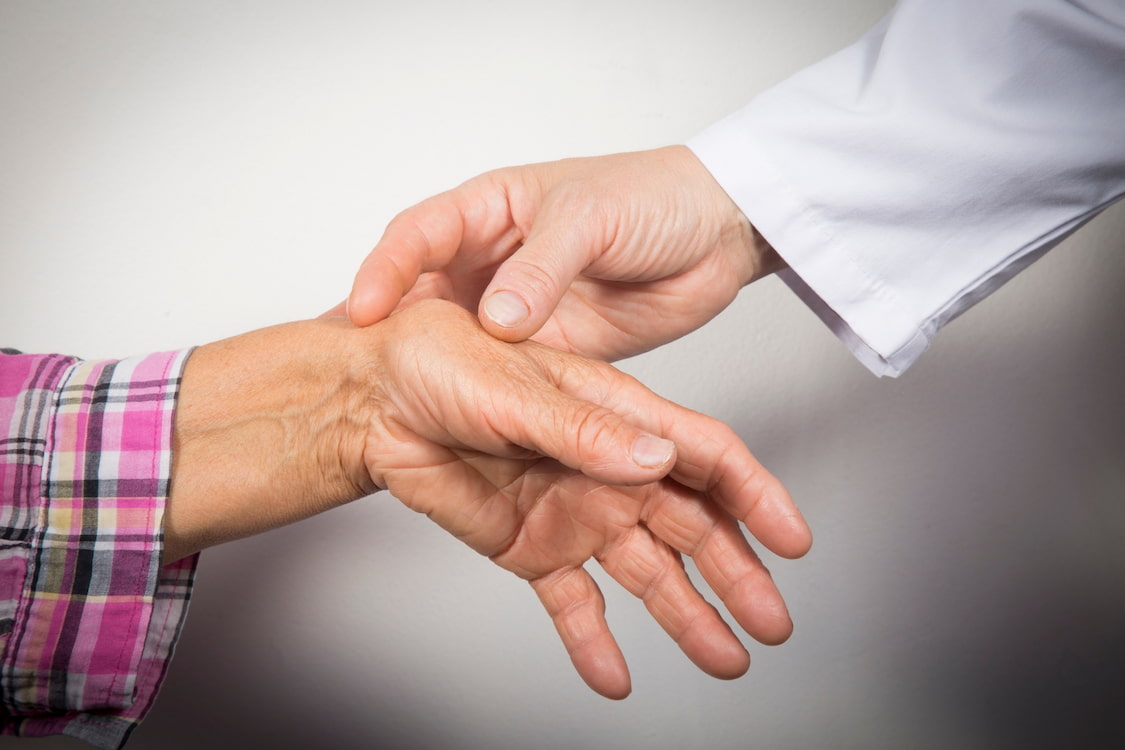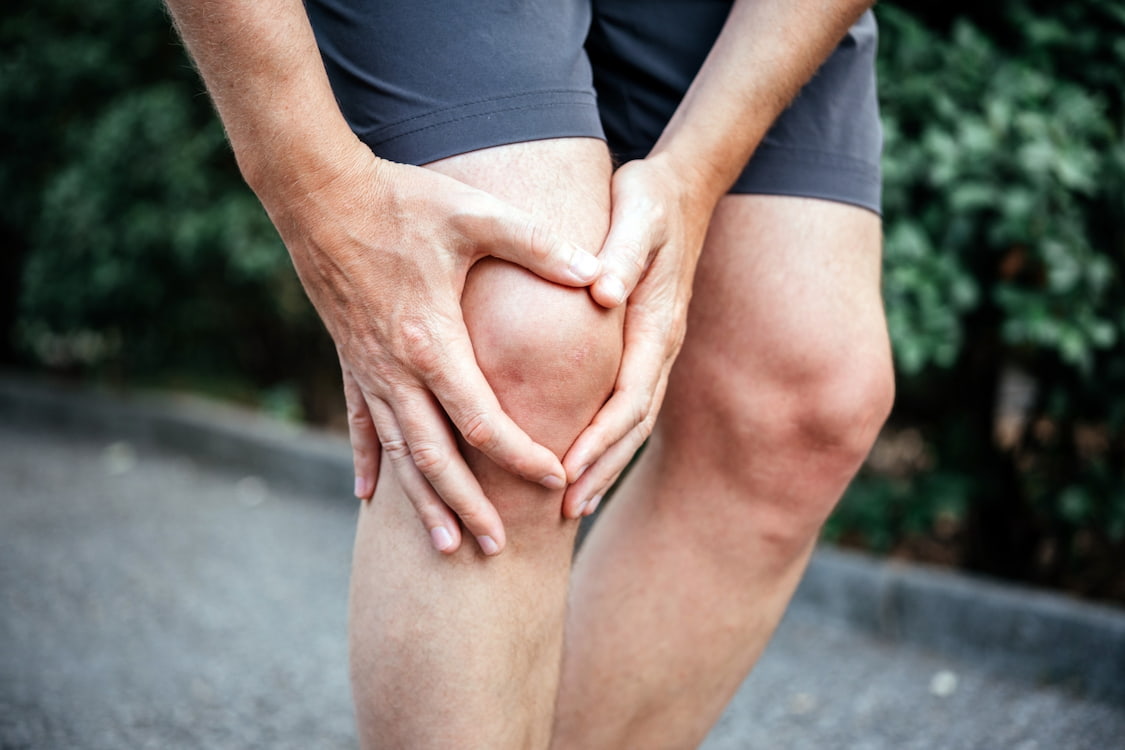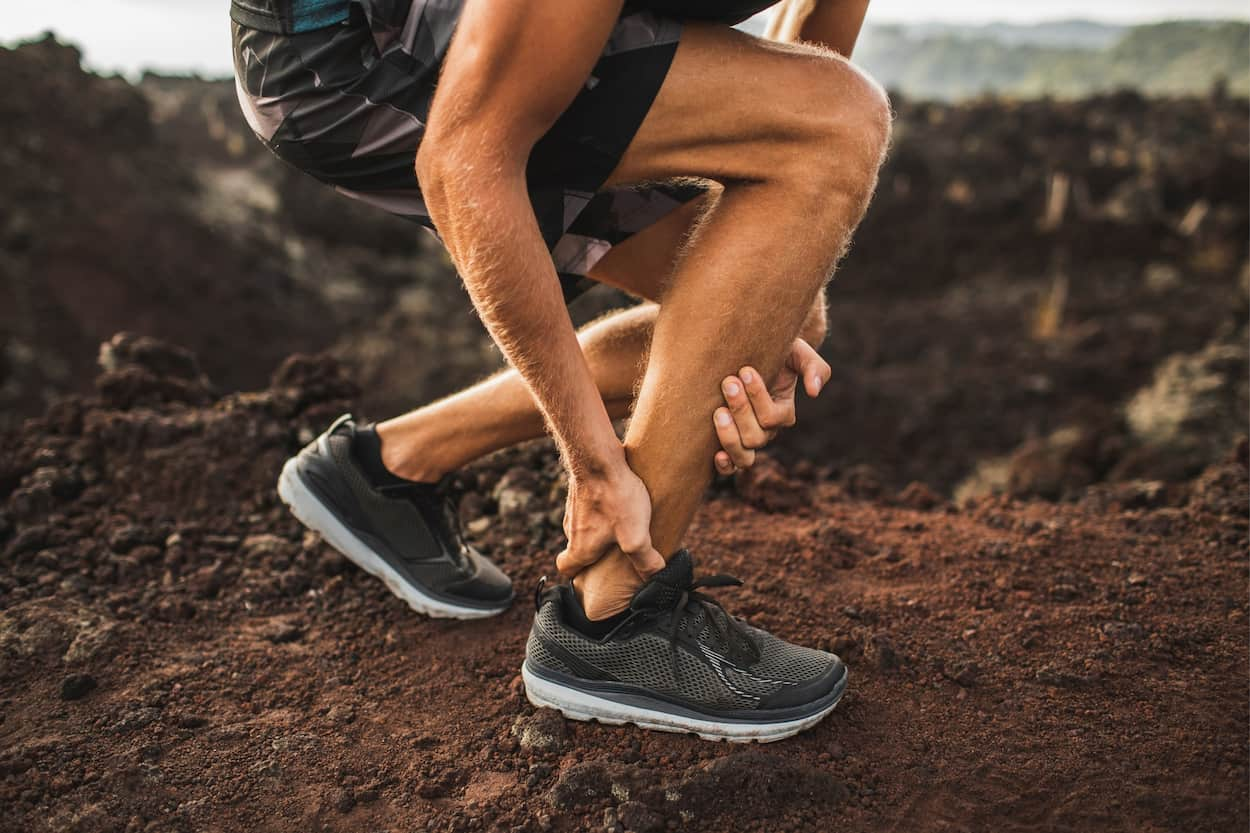
How to Cure Achilles Tendonitis Fast
As an active person, there is nothing more frustrating than being sidelined by an injury, especially one as debilitating as Achilles tendonitis. This painful condition affects the Achilles tendon, which connects the calf muscle to the heel bone. Achilles tendonitis can occur in athletes who participate in sports that require a lot of running or jumping, but it can also affect people who engage in activities like walking, hiking, or even standing for extended periods. Fortunately, there are ways to cure Achilles tendonitis fast and get back to your active lifestyle.
What is Achilles Tendonitis?
Achilles tendonitis is a common condition that affects the Achilles tendon, which is the largest tendon in the body. This condition is characterized by pain and inflammation in the area where the tendon connects the calf muscles to the heel bone. The Achilles tendon is responsible for transmitting the force of the calf muscle to the heel bone, which allows us to walk, run, and jump.
Achilles tendonitis is usually caused by overuse or repetitive strain on the tendon, which can lead to small tears in the tendon fibers. This condition is particularly common in athletes who engage in sports that require a lot of running, jumping, or sudden changes in direction. However, Achilles tendonitis can also affect people who engage in other activities, such as hiking, walking, or standing for extended periods.
Symptoms of Achilles tendonitis can vary in severity, depending on the extent of the injury. Some common symptoms include pain and stiffness in the back of the heel, especially in the morning or after periods of inactivity. Swelling and tenderness in the area around the Achilles tendon, difficulty walking or standing on tiptoe, and a crunchy or creaking sound when you move your ankle. If you are experiencing any of these symptoms, it is important to seek medical attention to prevent the condition from getting worse.
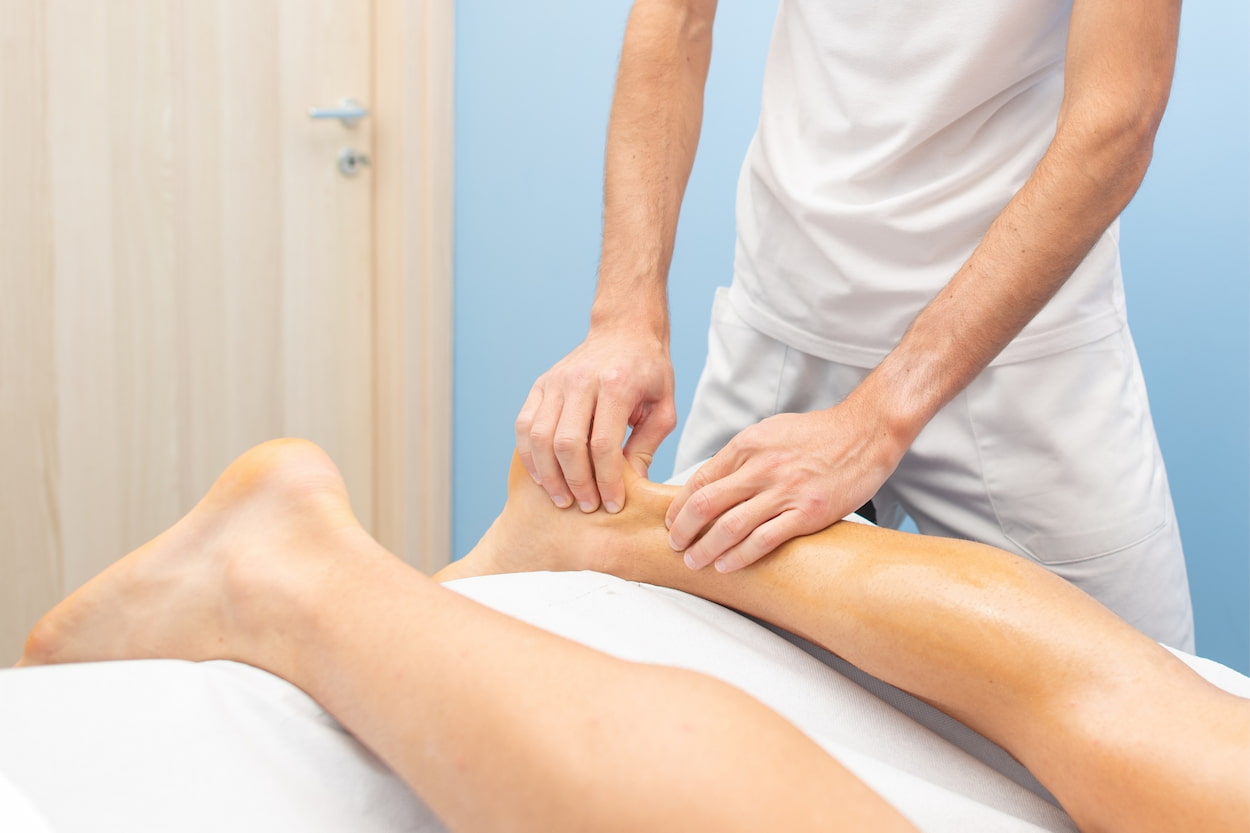
Symptoms of Achilles Tendonitis
The symptoms of Achilles tendonitis can vary from mild to severe, depending on the extent of the injury. Some common symptoms of Achilles tendonitis include:
Pain and stiffness in the back of the heel, especially in the morning or after periods of inactivity.
Swelling and tenderness in the area around the Achilles tendon.
Difficulty walking or standing on tiptoe.
A crunchy or creaking sound when you move your ankle.
If you are experiencing any of these symptoms, it is important to see a doctor or a physical therapist who can help you diagnose and treat your Achilles tendonitis.
How to Cure Achilles Tendonitis Fast
There are several ways to cure Achilles tendonitis fast, and the key is to start treatment as soon as possible. Here are some effective methods for curing Achilles tendonitis:
Rest and ice: The first step in treating Achilles tendonitis is to rest the affected area and apply ice to reduce swelling and inflammation. You should avoid any activities that aggravate your symptoms, and use a cold pack or ice wrapped in a towel for 15-20 minutes at a time, several times a day.
Stretching and strengthening exercises: Once the pain and inflammation have subsided, it is important to start stretching and strengthening exercises to help restore mobility and flexibility to the affected area. Stretching exercises can help to lengthen the Achilles tendon and reduce tension while strengthening exercises can help to rebuild the calf muscles and improve stability. Your physical therapist can recommend specific exercises based on your individual needs and goals.
Orthotics and footwear: Wearing proper footwear and using orthotic devices can help to relieve pressure on the Achilles tendon and reduce the risk of reinjury. Orthotics are custom-made shoe inserts that can provide support and cushioning, while footwear that has a slight heel can help to reduce the strain on the Achilles tendon.
Anti-Inflammatory medications: In some cases, your doctor may recommend anti-inflammatory medications like ibuprofen or naproxen to help reduce pain and swelling. However, these medications should only be used under the guidance of a medical professional, as they can have side effects and interact with other medications.
Extracorporeal shock wave therapy (ESWT): ESWT is a non-invasive treatment option that uses high-energy sound waves to stimulate the healing process in the affected area. This treatment can be effective for chronic cases of Achilles tendonitis that have not responded to other treatments.
Surgery: In severe cases of Achilles tendonitis, surgery may be necessary to repair or remove damaged tissue. However, surgery should be considered a last resort after other conservative treatments have been tried and failed.
How Long Does Achilles Tendonitis Go Away?
The length of time it takes for Achilles tendonitis to go away depends on a variety of factors, such as the severity of the injury, the type of treatment used, and how well the individual follows their doctor or physical therapy specialists recommendations. In general, mild cases of Achilles tendonitis may take several weeks to heal, while more severe cases may take several months or even longer.
Rest is an important component of treating Achilles tendonitis, as it allows the injured tendon time to heal. During this time, it is important to avoid activities that put stress on the tendon, such as running or jumping. Ice and compression can also help reduce inflammation and pain in the affected area. Stretching and strengthening exercises can help restore flexibility and mobility to the tendon, and orthotics or proper footwear can help relieve pressure on the Achilles tendon. In some cases, anti-inflammatory medications, shock wave therapy, or surgery may be recommended to help speed up the healing process.
Healthy Türkiye Notes
Achilles tendonitis can be a painful and frustrating condition, but with the right treatment, it is possible to cure it fast and get back to your active lifestyle. The key is to start treatment as soon as possible and follow your doctor or physical therapist's recommendations. Rest and ice can help reduce inflammation while stretching and strengthening exercises can help restore mobility and flexibility. Orthotics and proper footwear can also help relieve pressure on the Achilles tendon. Anti-inflammatory medications, shock wave therapy, and surgery are other treatment options that may be recommended depending on the severity of the injury.
Remember to listen to your body and avoid activities that aggravate your symptoms. With patience and persistence, you can overcome Achilles tendonitis and get back to the activities you love. By contacting Healthy Türkiye 24/7, you can get detailed information about how to cure achilles tendonitis fast.
